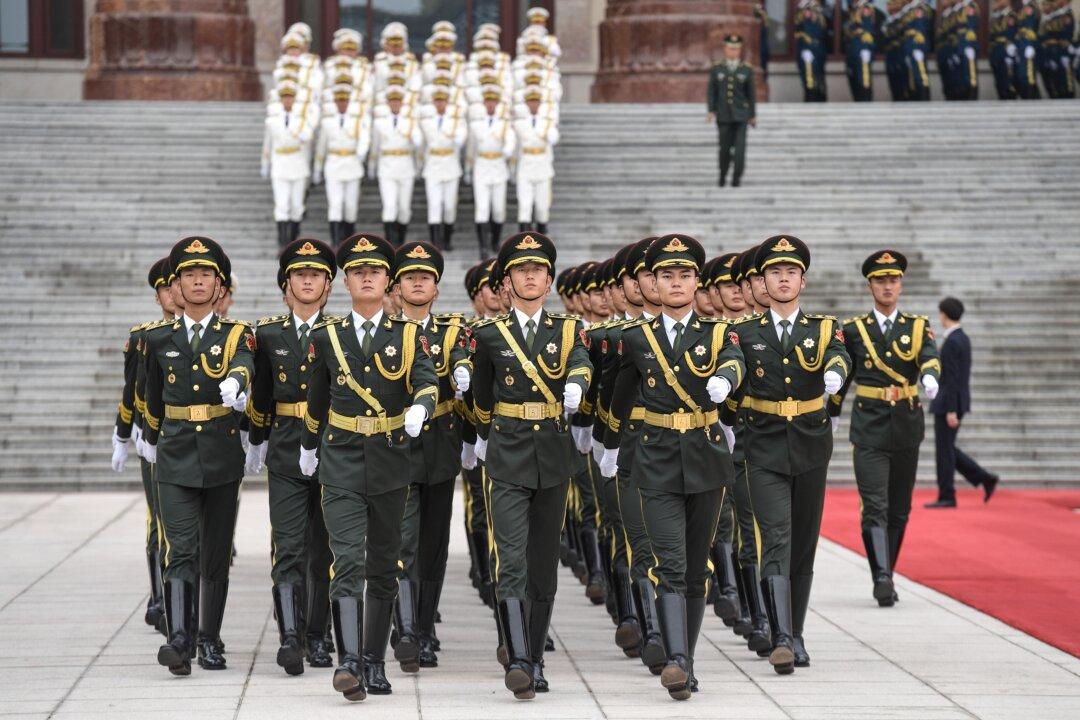A congressionally mandated report lays out a comprehensive U.S. strategy, involving nearly 100 recommendations, to counter the Chinese regime’s threats in the Indo-Pacific region.
The study (pdf), released Jan. 28 by Washington-based think tank Center for New American Security (CNAS), was mandated by the U.S. Congress in the 2019 National Defense Authorization Act (NDAA).





